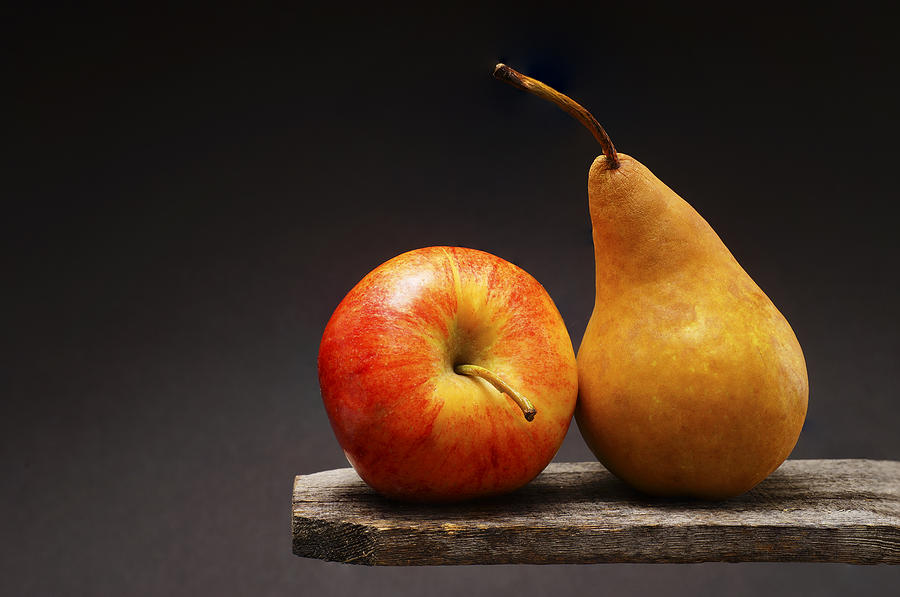European apple production to fall by 20%

Most European countries are expecting a sharp drop in apple and pear volumes this season after a cold snap followed by the continent-wide record heatwave dealt production regions a heavy blow.
Apple production in the EU is set at 10.5 million metric tons (MT) this year. This represents a 20% decrease compared to last year’s record-high figure; it would be an 8% drop compared to the average volume of the three previous years.
The decline is due to climatic events and the alternation of last year’s bumper crop, says the World Apple and Pear Association (WAPA).
Meanwhile, the pear crop is predicted to reach two million MT, a year-on-year decrease of 14%
Nevertheless, comparisons with previous years need to be handled cautiously, given the last two years’ exceptional variation, WAPA stresses.
WAPA released the forecast on Thursday at the Prognosfruit Conference in Alden Biesen, Belgium.
Abrupt weather events and low blossoming impact apple and pear volumes
Apart from crop alternation after a bumper, this year’s crop estimation has been influenced by several factors, says WAPA.
A significant one has been weather, it explains.
Crops were affected by a mild winter, a cold and wet May, a late frost, a warm June, and a heatwave and drought in July. They also saw abrupt changes in temperature and low blossoming.
However, these events impacted various regions to significantly different degrees, points out WAPA.
Additionally, the low pear volume is mainly due to a decrease in the estimation of Italian pears; this caused the overall forecast to be the second-lowest of the decade.
The association explains that the cold snap in May particularly affected the apple crop in Eastern Europe. It saw a drastic 44% loss of last year’s record-high volume in Poland.
In most apple-producing countries, there were moderate decreases or stabilization of the crop, it comments.
Still, France, Spain and Portugal have become outliers to the trend; they are recording increases of their apple harvests.
Although numbers are up, however, in terms of quality there might be issues with sunburn and sizing, WAPA says.
For pears, there are estimations of moderate to more serious decreases in all major pear-producing countries, except for a small increase in Spain.
Overall, there are still overhanging stocks on the market, but the up-to-two-week delay to the start of the season might contribute to a better balance of the market, it notes.
It adds that the crop estimation needs to be held against a complex market situation, emphasizing the increasingly more challenging global trading environment.
Therefore, the industry needs to continue efforts to boost consumption, it says.
WAPA comments that it will continue to monitor the developments of the Northern Hemisphere crop and issue updates when necessary.















































